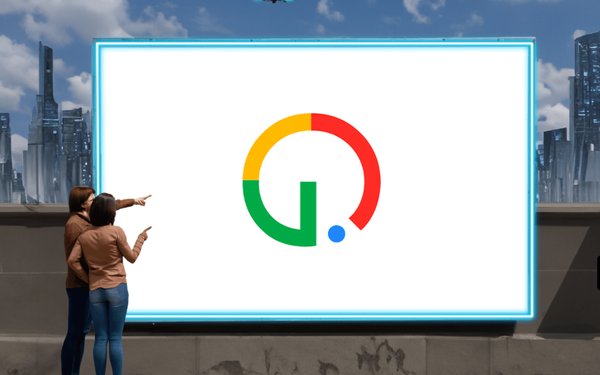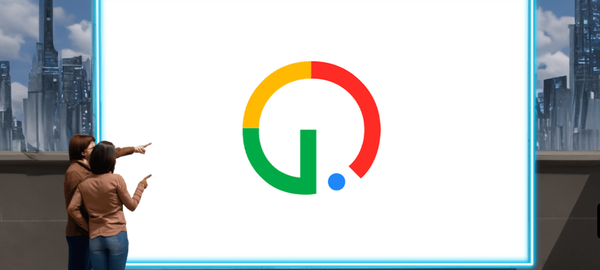Predictions For Future Google Performance And Monetization Strategies

Search engine optimization (SEO) experts at North, a content performance and digital public relations agency in the UK, conducted a study to predict what Google will look like in 2050, and some of the services and monetization strategies it will offer.
Analyzing every core update from 2003 onwards, they group put together several predictions.
We have heard a lot about users changing behavior, but not so much about how they might adapt to the changes that Google could make in the next decade or two — such as using lifespan as a ranking factor, or even fewer ads on publisher sites.
Google’s algorithm update, Page Layout, used to penalize websites with too many ads above the fold dates as far back as 2012, was intended to address complaints from users who clicked on a result and found it difficult to find the content or had an unhappy experience.
Frederico Cardoso, senior SEO manager at North, suggests Google could begin to penalize advertising-heavy news outlets with video-form or GIF-like advertising content that impacts readability and overall user experience.
Websites where a user can’t find a lot of visible content above-the-fold — which dedicate a large fraction of the site’s initial screen real estate to ads, don’t present a good user experience, or that have slower site speed — will likely not rank as well as a result.
Another prediction is that just as mobile-friendly has emerged as a ranking signal in the last decade, Google might start to encourage sites to become more immersive and virtual reality friendly.
The Pigeon update — originally designed to improve Google’s ability to calculate the distance and location of local businesses so that search users would receive more relevant results — may show convenience overtaking location.
With this, users would see information in real-time such as products available at a store or open table in restaurants. This is similar to the way when driving into a parking garage and electronically seeing the spaces available to park.
Monetization models will change based on a variety of technologies — especially when the company rolls out Search Generative Experience (SGE) based on generative artificial intelligence (GAI).
Jessica Gregory — who is senior paid marketing manager at PPC and paid social agency Ortus, a sister company to North — predicts what she refers to as a “Google TV takeover,” where Google Ads is likely to expand its advertising formats and platforms as consumer behaviors change.
“With live TV viewing down, and the rise of subscription services such as Netflix and Apple TV,” Gregory says, Google will find a way to take revenue from subscription viewing with and without ads.
Increased support for augmented reality (AR) and interactive ad formats is possible, and “using wearable technology to bring contextually relevant ads to you on the go based on your environment,” she wrote in an email to Search & Performance Insider:
These bulleted points highlight the changes that North predicts are possible:
- Lifespan as a ranking factor
- Immersive-first approach (remember mobile first?)
- Convenience before locality
- Virtual reality-friendly sites
- Further infinite scroll rather than click
- Less ad-heavy formats for publishers
- Return of Payday
- More misinformation tactics
(7)










